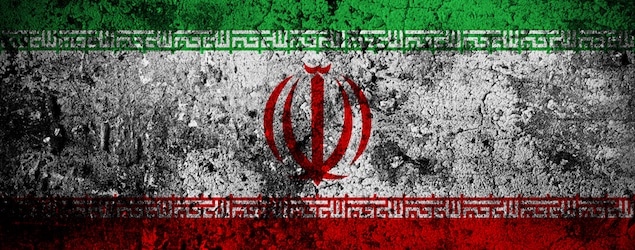What We Learned About Iran, Post Nuclear Deal

When the Iran nuclear deal was signed last summer, the Obama administration celebrated it as a diplomatic triumph. Many supporters of the accord endorsed it on the grounds that it could delay Iran’s nuclear program. At the time I argued in The Federalist that the case for the deal hinged in large part on willfully disregarding Tehran’s malignant ideological character and goals. A militant theocracy, the Iranian regime actively funds jihadist groups and calls for our destruction.
Yet proponents of the deal wanted to believe that Iran can be dealt with. But imagining that alternate reality cannot make it so. And the evidence of Iran’s actual character — as if more were needed — continues to mount. Consider just a few news stories that have bubbled up lately:
- The nuclear deal was part of Obama’s comprehensive reset of US-Iranian relations, extending our hand in friendship. How has that worked out so far? Jason Rezaian, a Washington Post journalist with dual US-Iranian citizenship, has languished for over a year in an Iranian prison, on dubious charges. Some hoped that our diplomatic engagement with Iran might lead to his release. In what is transparently a ploy to humiliate America, the Tehran regime has just convicted him of “espionage”. To ask if the charges against him were proven at trial is to grant Iran’s arbitrary judicial system an undeserved dignity: the courts are a mockery of justice, serving not the rule of law, but the theocratic regime.
- With the nuclear deal already inked, Iran’s chief clerical committee has reiterated a longstanding view that the United States remains Iran’s “number one enemy.” Ayatollah Khameini, the regime’s “Supreme Leader” (a term that deserves scare-quotes if ever there was one), has banned any further talks between Iran and the U.S. In the negotiations so far, he claims, Washington took advantage of Iran (!), and further contact will open the “gates to [U.S.] economic, cultural, political and security influence.”
- Given its serial deceptions in the past, how far could we trust Iran to abide by the terms of the nuclear agreement? Last week, Iran test fired long-range ballistic missiles. The nuclear deal, you may recall, put limits on such technology. So it begins.
The engagement with Iran, we are asked to believe, rests on a shrewd grasp of the facts. Actually, it illustrates the perils of wishful thinking in U.S. foreign policy.
(Originally published on Times of Israel.)



